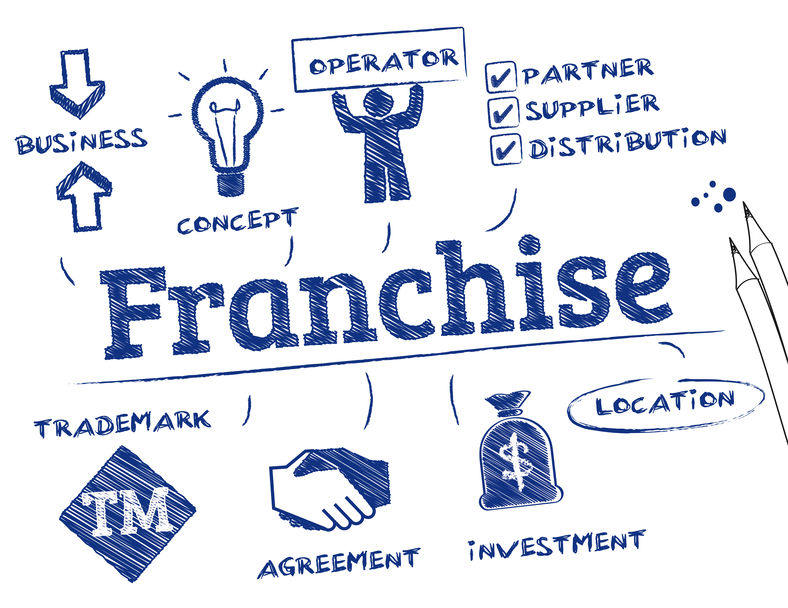What is Arbitration in a Franchise Dispute?
Arbitration is a proceeding that takes place outside of the court room. It essentially allows both the franchisor and franchisee the ability to take their legal disputes to an arbitrator who will, after hearing all the facts and evidence presented by both sides, come to a decision that is binding and enforceable by the courts. This differs from another alternative proceeding such as mediation, because although mediation involves the same characteristics, the mediator’s decision at the end is not binding. Stated another way, arbitration is a fast resolution to a legal dispute, whereas in mediation, parties are not required to comply with the decision of the mediator.
Is an Arbitration Clause in a Franchise Agreement Necessary?
Predominantly, many franchisors prefer arbitration as their method of alternative dispute resolution. Although an arbitration clause in a franchise agreement is not necessary, they can be extremely effective and much less costly than litigation. Even if an arbitration clause is not included in the agreement, the parties can always harmonize with arbitration resolution. However, not all instances are that simple and often times, the franchisee will not want to simply give up their fundamental right of engaging in a court proceeding if they did not initially agree to it in the franchise agreement.
Who does the Arbitration Clause in a Franchise Agreement Benefit?
During arbitration, the process is a lot less formal than a court proceeding. The proceeding is quick and maintains aspects that can benefit both parties depending on the dispute. However, arbitration clauses are arguably more favorable to the franchisor. A specific benefit of arbitration for a franchisor is that arbitration proceedings are not public. This differs from traditional legal actions that are entitled access to our state or federal court systems. While not having access to the courts, the franchisee will likely be restricted when obtaining documents and relevant information to his case through discovery, as an arbitration clause can limit the ability to do so. Therefore, it is rather difficult to gather evidence to support a claim for fraud when the allegation itself would warrant a showing of composite proof. Another pitfall is that arbitration decisions cannot be appealed like in a regular court case, an arbitration decision is final.
Is an Arbitration Clause Enforceable Against the Franchisee?
The Federal Arbitration Act (“FAA”) creates policy that enforces arbitration clauses in all federal contracts, including transactions that cross state lines. However, if the FAA does not apply to a specific agreement, state law will govern its enforceability. In Florida for example, the Florida Arbitration Code (“FAC”) controls all in state arbitration clauses. Many state courts will rule out arbitration clauses if they find it was unconscionable. An arbitration clause should always be neutral and bound by both parties, to avoid any kind of unfair tactics by the franchisor.
Generally, all 50 states allow the enforcement of arbitration clauses. The common instance where an arbitration clause is tested on its merits is when a party to the arbitration agreement brings forth a legal claim against the other party in court. The enforceability aspect will then be verified to ensure the clause is fundamentally fair to both parties. Franchise agreements in particular, will include a provision that permits the franchisor to seek judicial remedies in addition to an arbitration resolution proceeding. The franchisor must be very cautious when including what is referred to as a “hybrid clause” because franchisors are limited to seeking both dispute options in some circumstances, but not all. However, the party disputing the enforcement of the arbitration would have to produce a great amount of complex evidence to make a showing that the clause is unfair, and therefore, arbitration clauses are generally irrevocable and enforceable against the franchisee.


